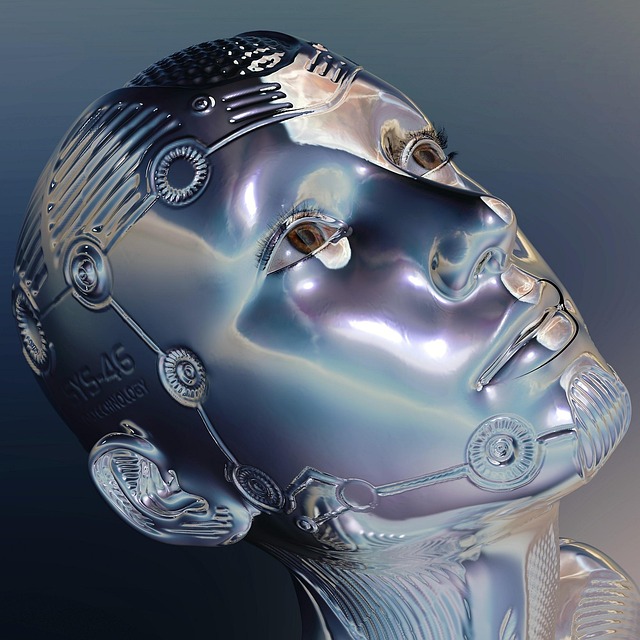
Understanding the Impact of Artificial Intelligence on Hiring Bias and Legal Implications
Artificial Intelligence (AI) has revolutionized various sectors, with recruitment being one of the most significantly transformed areas. AI-driven tools are now integral in screening resumes, conducting interviews, and even making hiring decisions. While these technologies promise efficiency and objectivity, they have also introduced complex challenges, particularly concerning hiring biases and legal ramifications.

The Rise of AI in Recruitment
The integration of AI into recruitment processes aims to streamline hiring by automating repetitive tasks, analyzing large datasets, and identifying patterns that may not be immediately apparent to human recruiters. For instance, AI can quickly sift through thousands of resumes to shortlist candidates, assess video interviews for non-verbal cues, and even predict a candidate's potential success within a company.

Unveiling Bias in AI Hiring Tools
Despite the advantages, AI systems are not immune to biases. These biases often stem from the data used to train the algorithms, which may reflect historical prejudices or societal inequalities. Consequently, AI tools can inadvertently perpetuate discrimination based on race, gender, age, or disability.
Case Study: Workday's AI Screening Software Lawsuit
In a landmark case, a federal judge in California allowed a class-action lawsuit against Workday to proceed. The plaintiff, Derek Mobley, alleged that Workday's AI-powered software, used to screen job applicants, perpetuated existing biases, leading to discrimination based on race, age, and disability. Mobley claimed he was rejected for over 100 jobs due to his being Black, over 40, and having anxiety and depression. The judge rejected Workday's argument that it was not liable under federal anti-discrimination laws, reasoning that Workday's involvement in the hiring process could still hold it accountable. (reuters.com)

Legal Framework Addressing AI Bias in Hiring
The emergence of AI-related hiring biases has prompted legal scrutiny and the development of regulations aimed at mitigating discrimination.
Federal and State Regulations
While there are currently no federal laws specifically addressing AI discrimination in recruitment and hiring, various states are considering legislation to regulate AI's role in employment decisions. For example, New York City has passed a law requiring employers to conduct bias audits of AI tools used in hiring processes. Additionally, the U.S. Equal Employment Opportunity Commission (EEOC) has advocated for companies to face claims that their AI software is biased, emphasizing that AI tools must comply with existing anti-discrimination laws. (nolo.com, reuters.com)

Implications for Employers and AI Vendors
The legal challenges surrounding AI in hiring underscore the need for employers and AI vendors to proactively address potential biases.
Best Practices for Employers
Employers should consider the following steps to mitigate the risk of discrimination claims:
- Conduct Bias Audits: Regularly assess AI systems to identify and rectify potential biases.
- Ensure Human Oversight: Maintain human involvement in the hiring process to review AI-driven decisions.
- Transparency and Employee Notification: Inform candidates about the use of AI in hiring and provide avenues for feedback.
- Comply with Federal and State Guidelines: Stay informed about and adhere to relevant laws and regulations.
Responsibilities of AI Vendors
AI vendors must ensure their products are free from biases and comply with legal standards. This includes conducting thorough testing, providing transparency in algorithmic decision-making, and collaborating with employers to ensure ethical deployment.
The Future of AI in Hiring
As AI continues to evolve, its role in recruitment will likely expand. However, this growth must be balanced with ethical considerations and legal compliance to ensure fair and equitable hiring practices. Ongoing dialogue among technologists, legal experts, and policymakers is essential to navigate the complexities of AI in employment.

Conclusion
Artificial Intelligence offers significant potential to enhance recruitment processes by increasing efficiency and objectivity. However, the integration of AI in hiring must be approached with caution to prevent perpetuating existing biases and to comply with legal standards. Employers and AI vendors have a shared responsibility to ensure that AI tools are used ethically and do not discriminate against protected groups.
